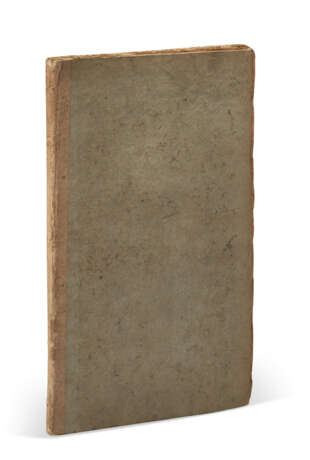ID 752793
Los 62 | Theodore Sedgwick's copy of the Bill of Rights
Schätzwert
$ 40 000 – 60 000
| Adresse der Versteigerung |
CHRISTIE'S 20 Rockefeller Plaza 10020 New York Vereinigten Staaten | ||||||||||||||
|---|---|---|---|---|---|---|---|---|---|---|---|---|---|---|---|
| Vorschau |
| ||||||||||||||
| Telefon | +1 212 636 2000 | ||||||||||||||
| Fax | +1 212 636 4930 | ||||||||||||||
| Nutzungsbedingungen | Nutzungsbedingungen | ||||||||||||||
| Versand |
Postdienst Kurierdienst Selbstabholung | ||||||||||||||
| Zahlungsarten |
Banküberweisung | ||||||||||||||
| Geschäftszeiten | Geschäftszeiten
|









